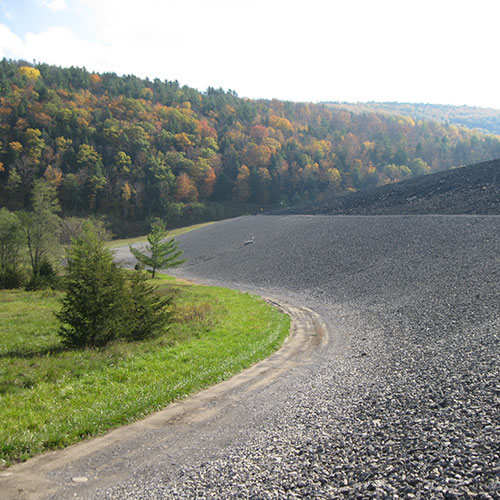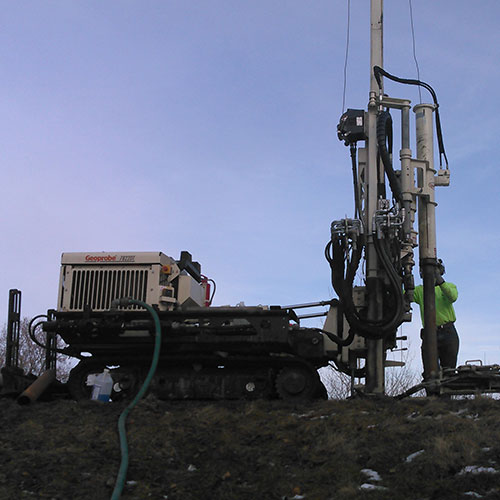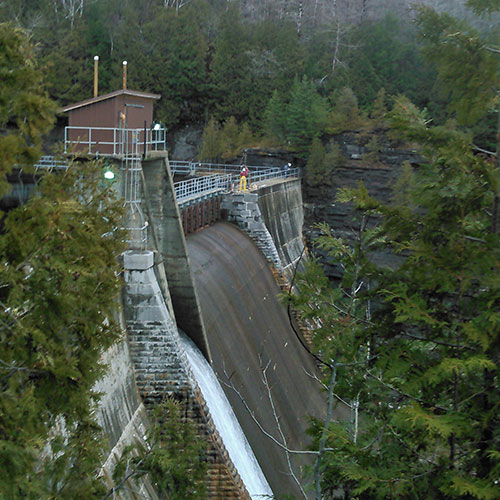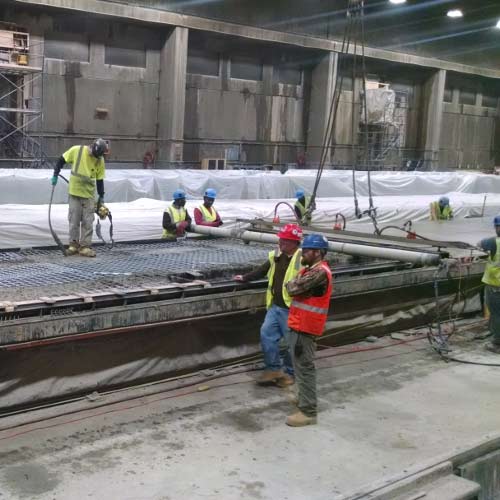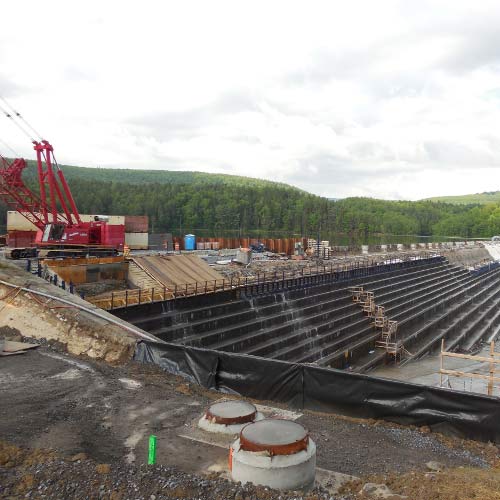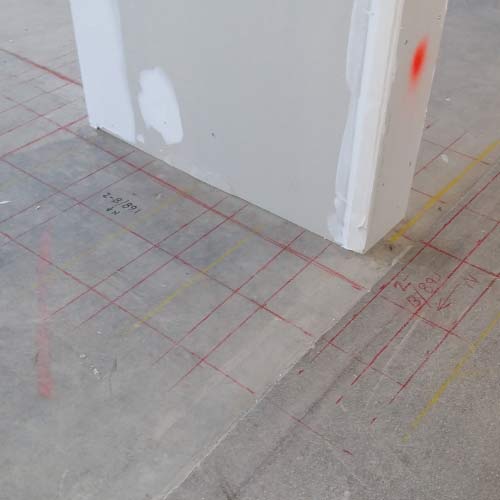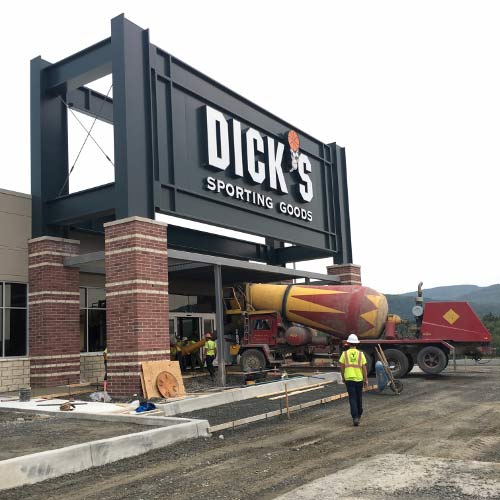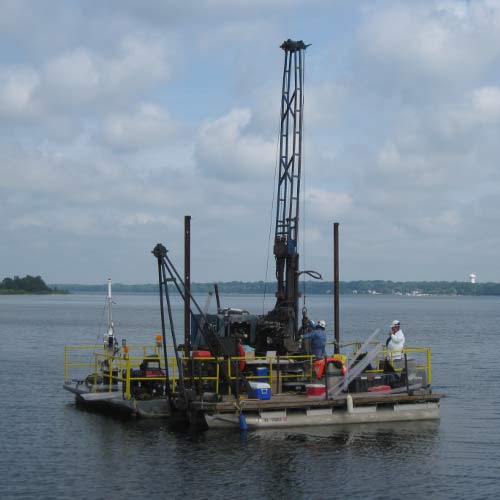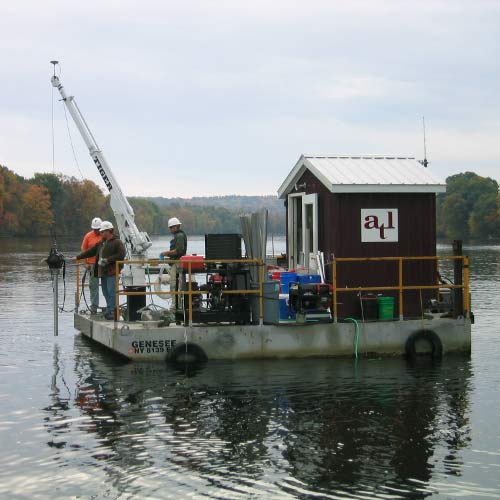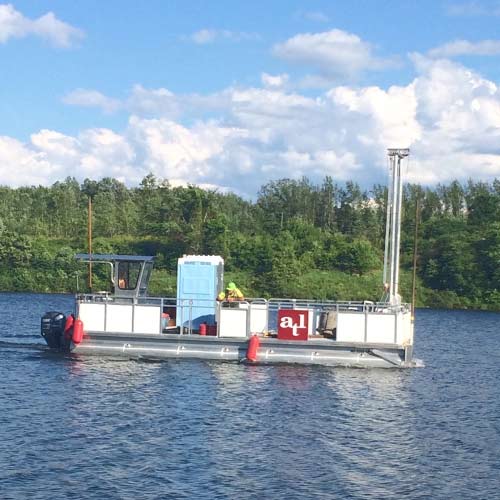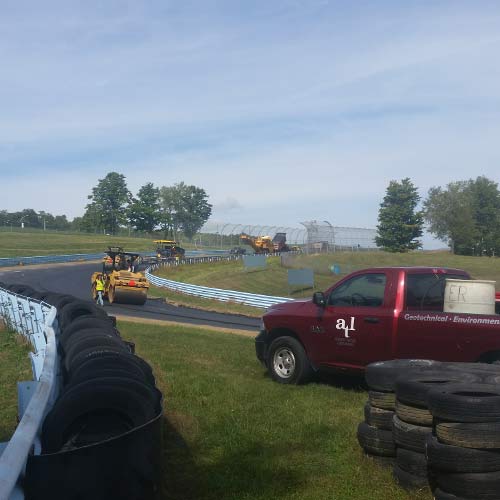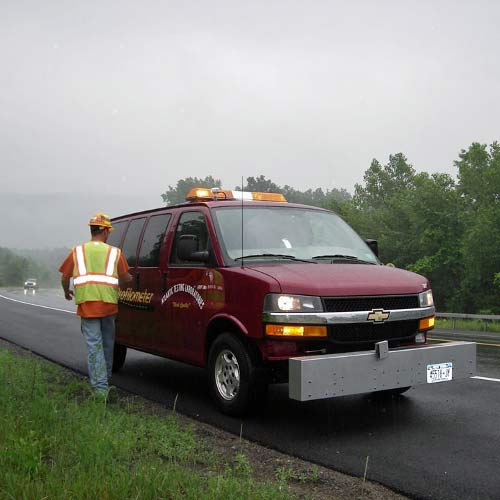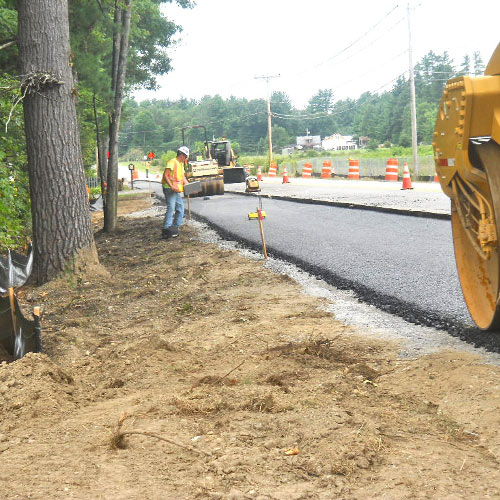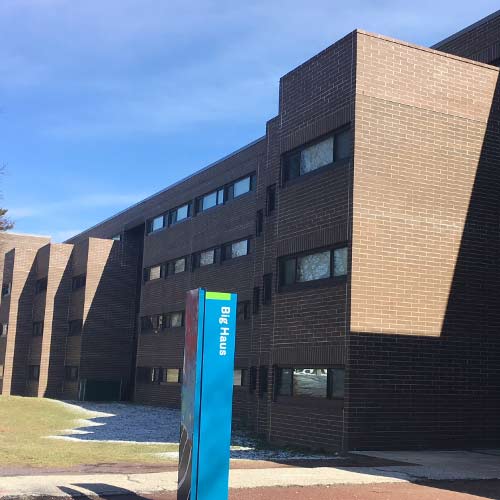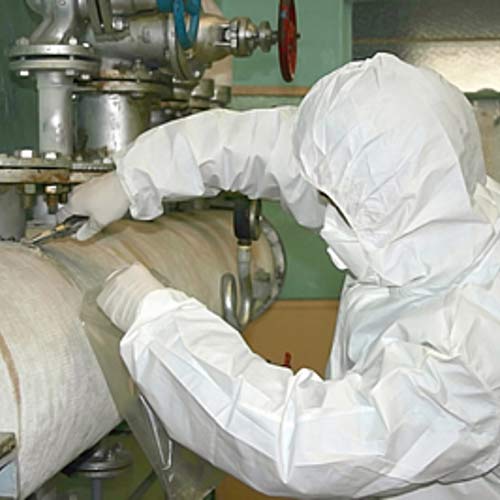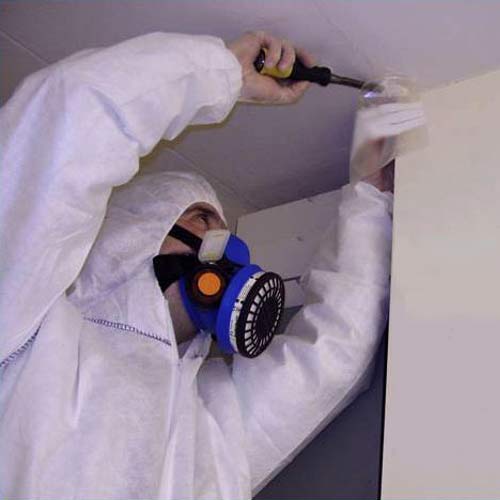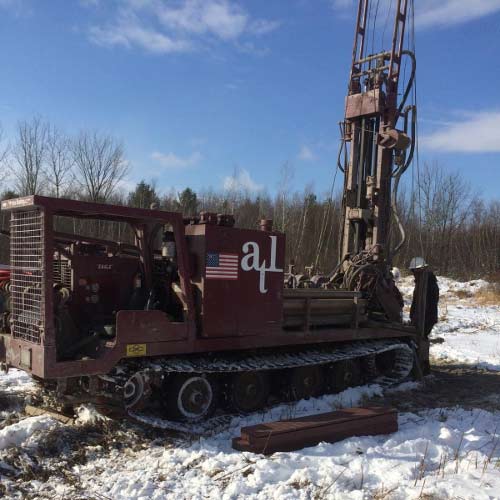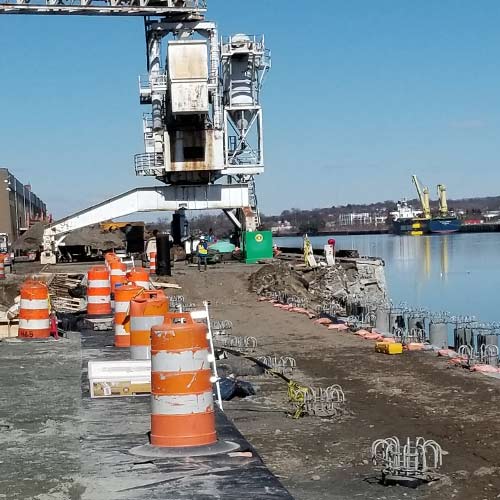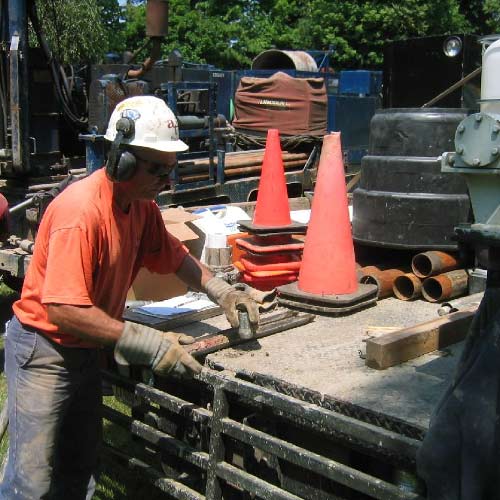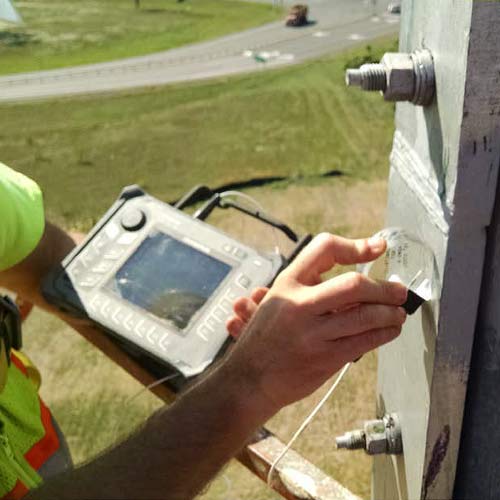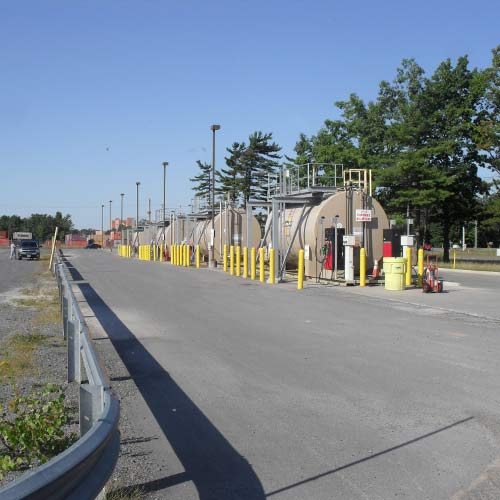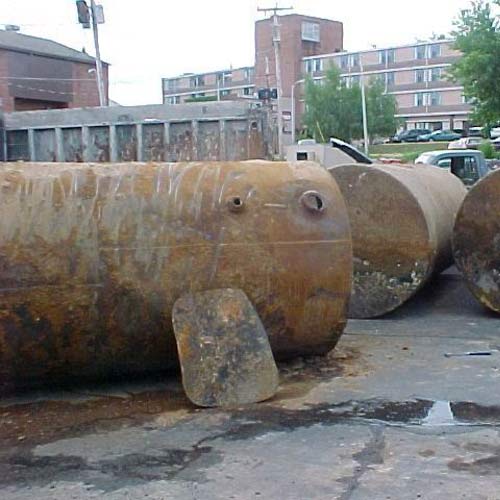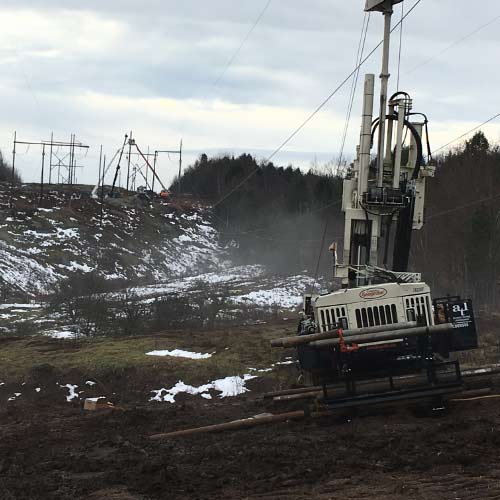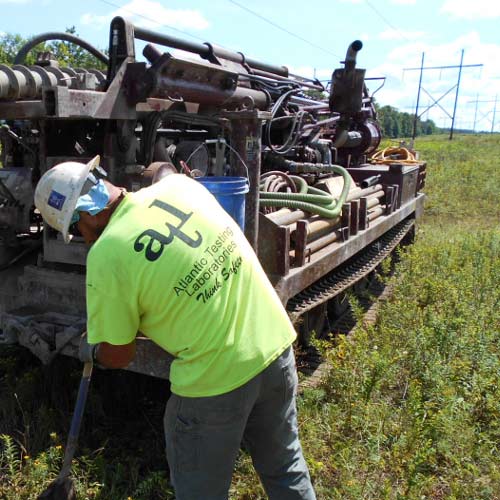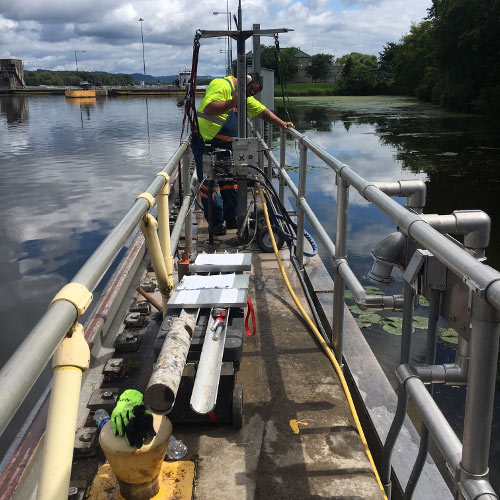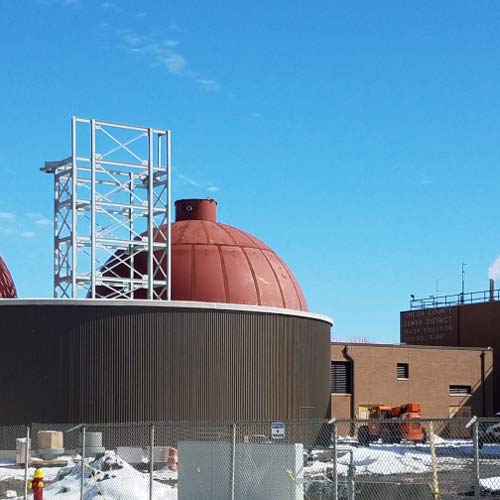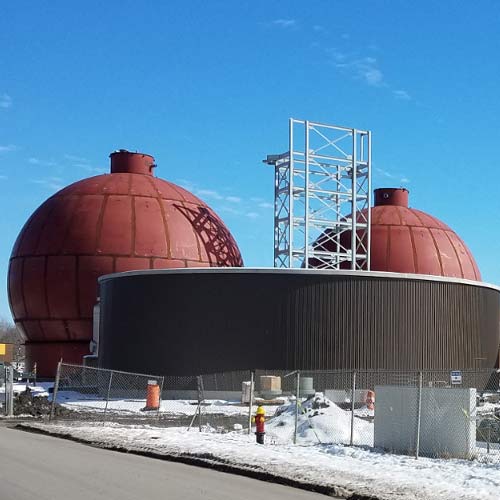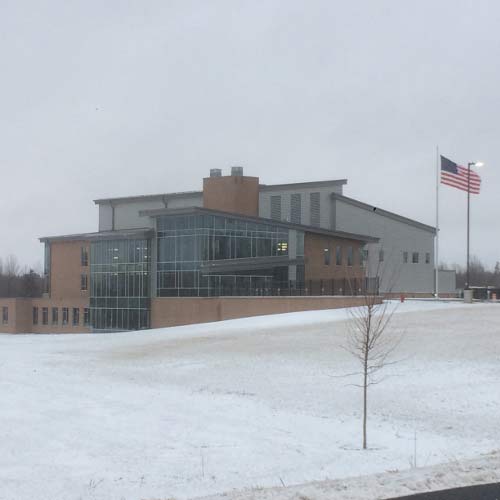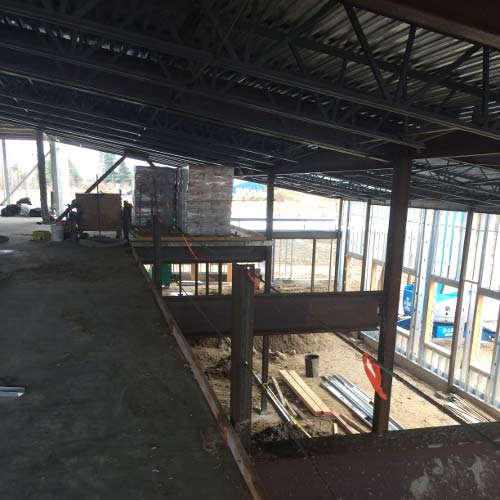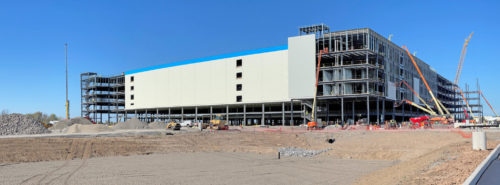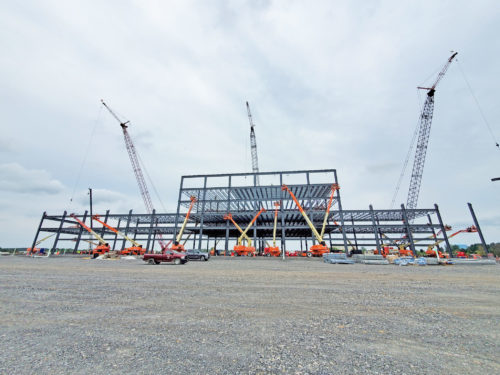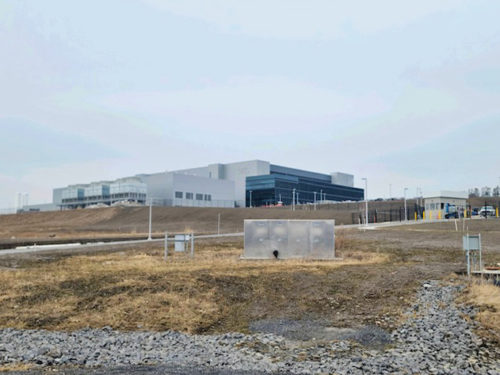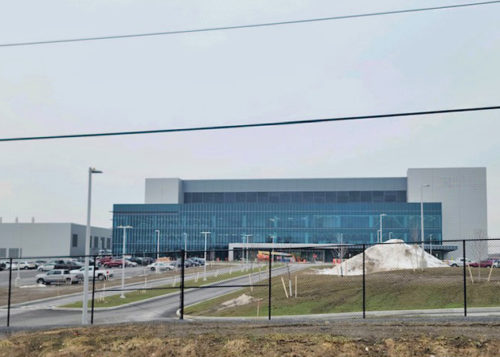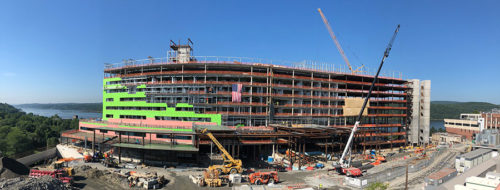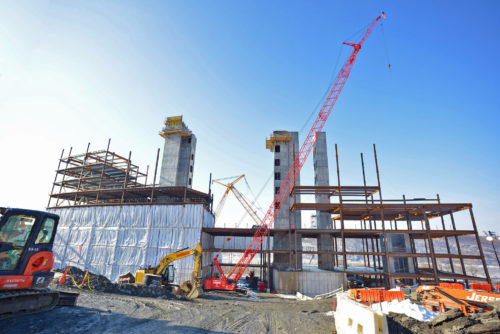Chloride (Cl-), the negatively charged ion of the element chlorine (Cl), can be easily introduced into concrete from both external sources (e.g., deicing salts, seawater, groundwater) and internal sources (e.g., aggregates, mix water, accelerating admixtures). Chloride can deleteriously affect concrete by causing reinforcing steel to corrode and surface paste to deteriorate. This is due to the high solubility of chloride in water, its natural abundance in many rocks, minerals, and soils, and the inherent porosity and permeability of concrete.
Test methods to evaluate the concentration of chloride in hardened concrete include:
- ASTM C 1218 determines the concentration of water-soluble chloride in the cement paste and is readily available to promote corrosion of embedded steel
- ASTM C 1152 determines the concentration of acid-soluble chloride potentially available but is chemically bound within the aggregates of the concrete
- AASHTO T 260 determines both the water- and acid-soluble chloride content of the concrete
Multiple samples are typically extracted from a concrete core at varying depths and at regular intervals, starting at the surface, to construct a profile of the chloride concentration vs. depth within the concrete. This information will help determine if embedded reinforcing steel is at risk of being compromised.
The concrete’s resistance to chloride penetration can also be evaluated using the following test methods:
- ASTM C 1202 is used to determine the concrete’s resistance to chloride ion penetration
- NT Build 492 is a European test method that is used to determine the chloride migration coefficient, which is also a measure of the concrete’s resistance to chloride ion penetration
ATL, a WBE certified company, can perform the referenced chloride content and penetration resistance test methods. In addition, ATL can collect concrete samples for testing from extracted cores or in-place concrete. ATL has been providing laboratory testing and engineering support services from our AASHTO and US Army Corps of Engineers accredited laboratories for over 55 years.
For more information, contact Steve Moore, PE, at 518-383-9144, smoore@atlantictesting.com, or visit AtlanticTesting.com.
|
ASSOCIATED SERVICES |
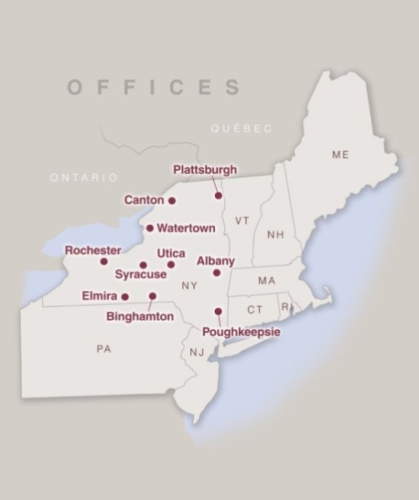 |

